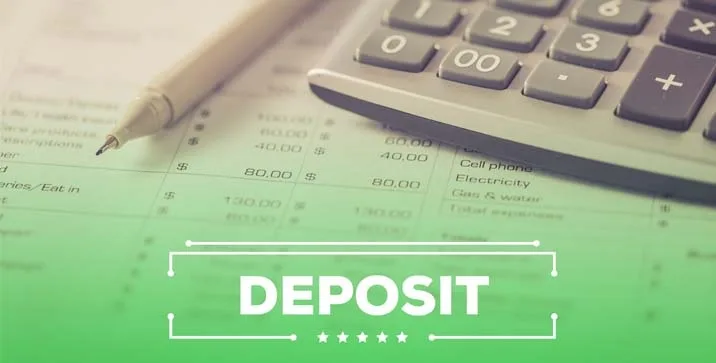Understanding Direct Deposit and Its Advantages
As businesses strive for optimal efficiency in today’s fast-paced economy, understanding and utilizing payroll direct deposit becomes increasingly essential. The premise of direct deposit is straightforward – it allows an employee’s salary to be electronically transferred directly into their bank account, thus circumventing the need to issue and process physical checks. Aside from providing a more convenient payment mechanism, direct deposit offers several compelling benefits. It enhances the precision and predictability of payment delivery for employees, something that’s not guaranteed with other traditional payment methods.
The Employee’s Perspective: Convenience and Security
The paramount benefits of direct deposit for employees resonate in its convenience and security. From the ease of access to funds regardless of location to eliminating bank wait times and processing delays, the availability of hard-earned money is immediate. This immediacy is crucial for many, providing peace of mind and financial security. Duplicate the rest of the paragraph.
The Employer’s Edge: Reducing Costs and Administrative Burden
Employers also reap significant advantages from the implementation of direct deposit. Automating the payroll process through reliable payroll software UK businesses trust minimizes manual interventions, thus reducing the potential for human error and mismanagement of funds. The transition to a paperless payroll system cuts direct costs associated with check production and distribution and catalyzes a more eco-friendly approach to business operations.
Environmental Impact: A Step Toward a Greener Office
In a world where sustainability is no longer optional but a corporate responsibility, direct deposit presents an opportunity to make substantial inroads into reducing environmental impact. The switch from paper checks to electronic transfers dramatically reduces paper consumption, lowering a company’s carbon footprint and contributing to broader eco-friendly initiatives.
Setting Up Direct Deposit: A Step-by-Step Guide
Transitioning to a direct deposit system requires careful planning and consideration. By creating an informative step-by-step guide for employees, employers can ensure a smooth transition and foster a supportive environment where direct deposit is adopted with enthusiasm rather than resistance. Such a guide is pivotal in circumventing potential hurdles and streamlining the process.
Common Concerns and Mitigation Strategies
Despite its clear advantages, some employees may hesitate to transition to direct deposit. Anxieties surrounding the security of personal banking information and the safety of electronic transactions are common. Employers can address such concerns by providing reassurances about the stringent security protocols and the robust legal framework governing electronic financial transactions. Another way of reassuring employees is through a real check stub maker that contains comprehensive details about an employee’s earnings.
Looking at the Bigger Picture: Direct Deposit and Financial Well-being
Looking beyond payroll logistics, direct deposit plays an integral role in the broader landscape of financial well-being for both employees and employers. For employees, its impact extends to enhanced financial management capabilities due to the predictable timing of funds availability, ultimately fostering a more stable workforce. Employers benefit from a more motivated workforce, reduced turnover, and improved employee satisfaction and engagement.
Case Studies: Success Stories of Direct Deposit Integration
We are examining real-world scenarios where companies have transitioned to direct deposit, which sheds light on the methodology’s tangible benefits. The success stories are many, from small startups to large corporations, encompassing improved employee morale, increased productivity, and substantial cost savings. Feedback from employees consistently corroborates the ease and dependability of receiving payments electronically.
The Future of Payroll: Trends and Innovations in Payment Methods
As the labor market continues to evolve, so do payroll processing methods. Direct deposit remains a steadfast component of this evolution, likely to be augmented by emerging technologies. The rise of contactless and mobile payments signals an industry in flux, with potential implications for payment frequency, access, and user experience. Nevertheless, direct deposit is an adaptable mechanism ready to integrate with future innovations.
The direct deposit process is beneficial from a logistical standpoint and portrays a modern, forward-thinking organizational image that resonates with the contemporary workforce. Its role in boosting financial literacy, stability, and eco-consciousness contributes to its status as a foundational aspect of a savvy employer’s payroll strategy. To further appreciate the direct deposit system’s effect on the workforce’s satisfaction, an insightful examination is provided by Gallup News. Additionally, the Brookings Institution offers a broader economic perspective, exploring digital payment technologies’ transformative impact on transactional efficiency and economic progress.





